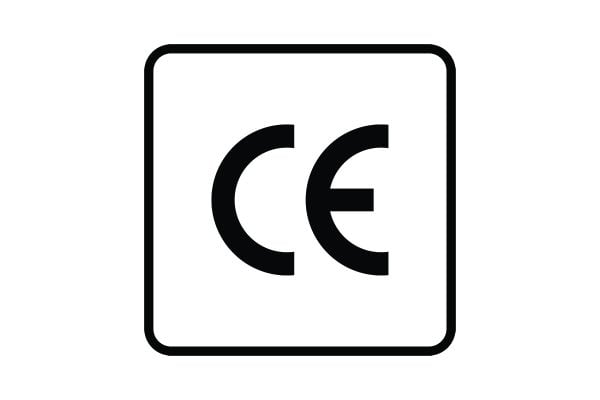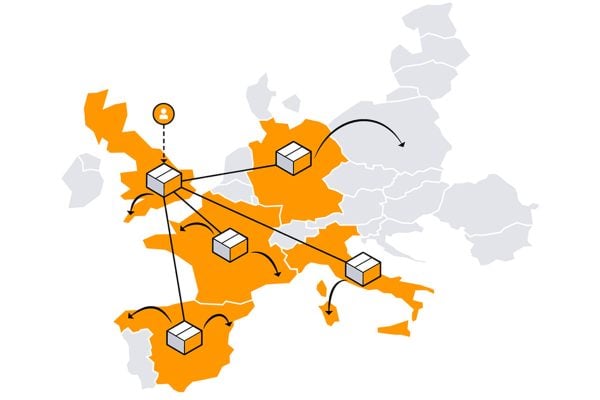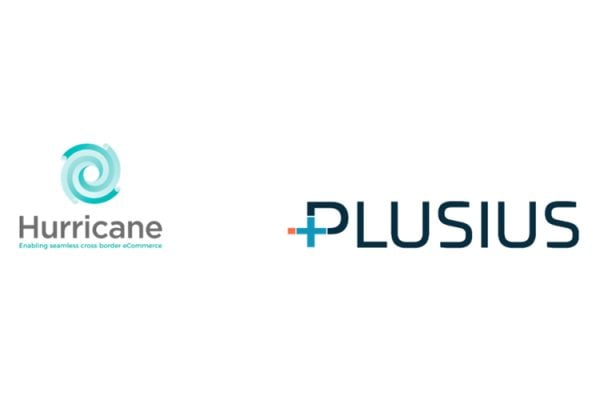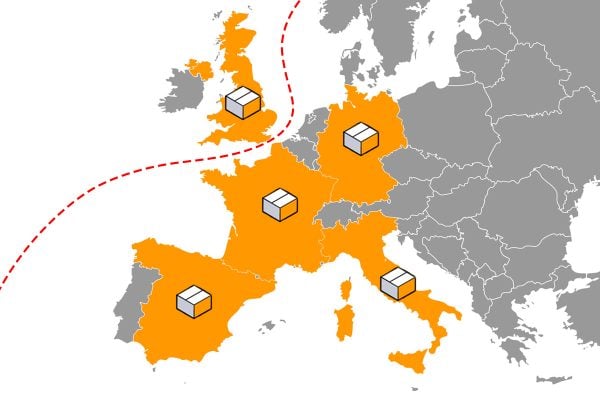The Freight Transport Association (FTA) has reiterated its call for an Irish border solution which protects frictionless trading arrangements post-Brexit, in a meeting with leading British politicians at Stormont this past weekend.
The FTA met with Secretary of State for Exiting the EU David Davis MP, Secretary of State for Business Greg Clark MP and Secretary of State for Northern Ireland Karen Bradley MP. The FTA said that the association’s members need trade to continue to flow freely across the border, without delays, to ensure that business can be supported on both sides of the border.
The Irish border situation is complicated, with physical and political constraints that need careful consideration before a workable solution can be found. The conversations we had this weekend were a welcome opportunity to raise the concerns of the logistics industry directly with those at the negotiating table in Brussels, particularly the need to avoid infrastructure at the border, and the fact that technology at the border on vehicles will not be a workable solution. Clarity over the rules of origin for goods is vital, and despite the fact that compliance for the north-south trading route will be difficult to administer, I am confident that our message – that Ireland needs to remain open for business, with no delays at its borders – will be carried into the next round of talks with the EU.
– Seamus Leheny, Northern Ireland policy manager, FTA
At the crux of the FTA’s concern is the stark reality that in the event of a hard Brexit, or one which requires border checks of any kind, will inevitably mean delays, paperwork and expense. As it stands the future nature on the land border between the United Kingdom and Ireland is unknown and could potentially be problematic for ecommerce merchants.
Depending on the final deal, and what can be agreed on the movement of goods and the customs union, a worst case scenario would see serious delays when moving goods within Ireland that could become an everyday headache for merchants trading cross-border.
It is a keen reflection of the general concerns about what could happen when trading with any EU country, in the event of a deal that isn’t good for the free movement of goods post-Brexit.









